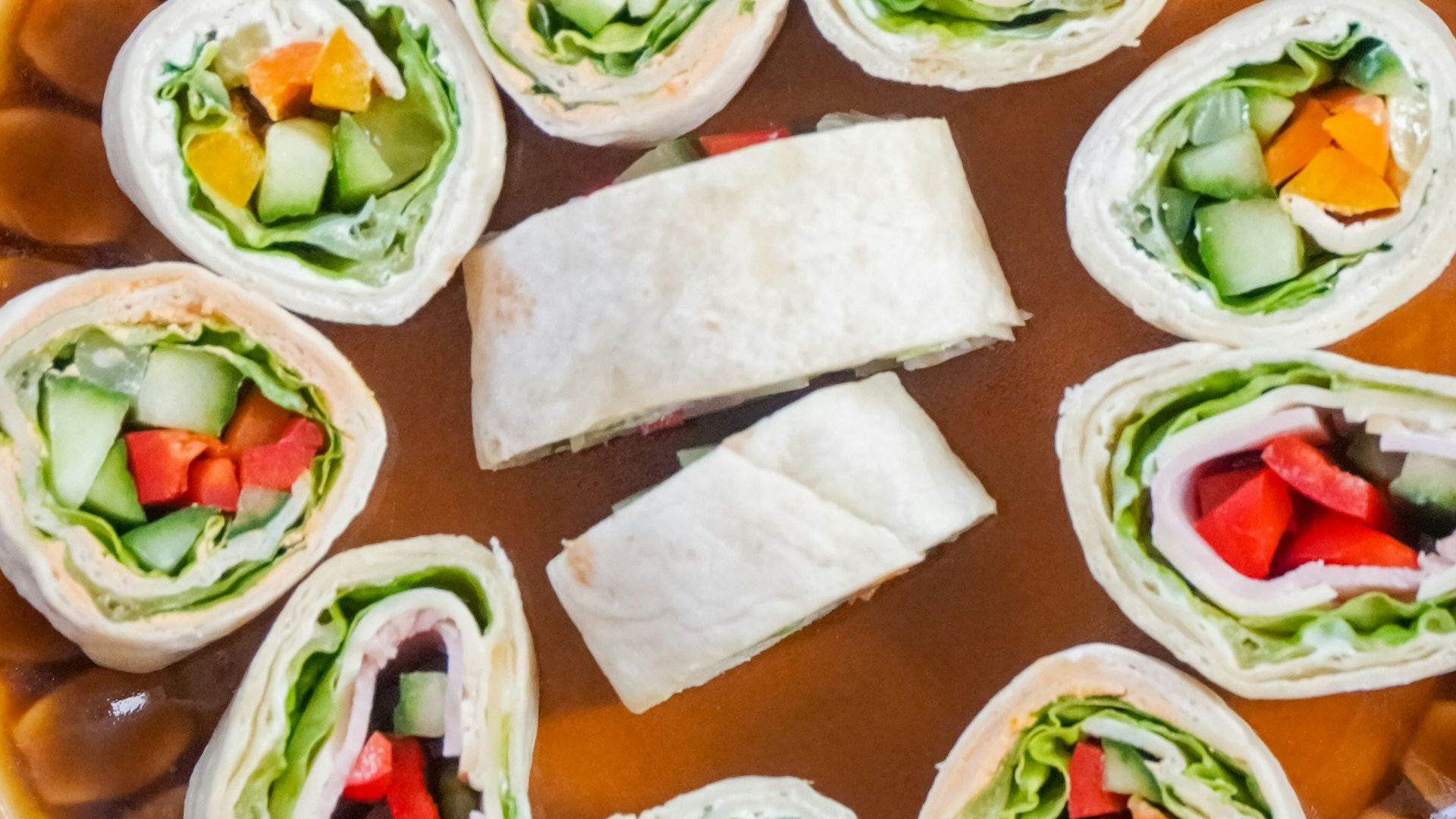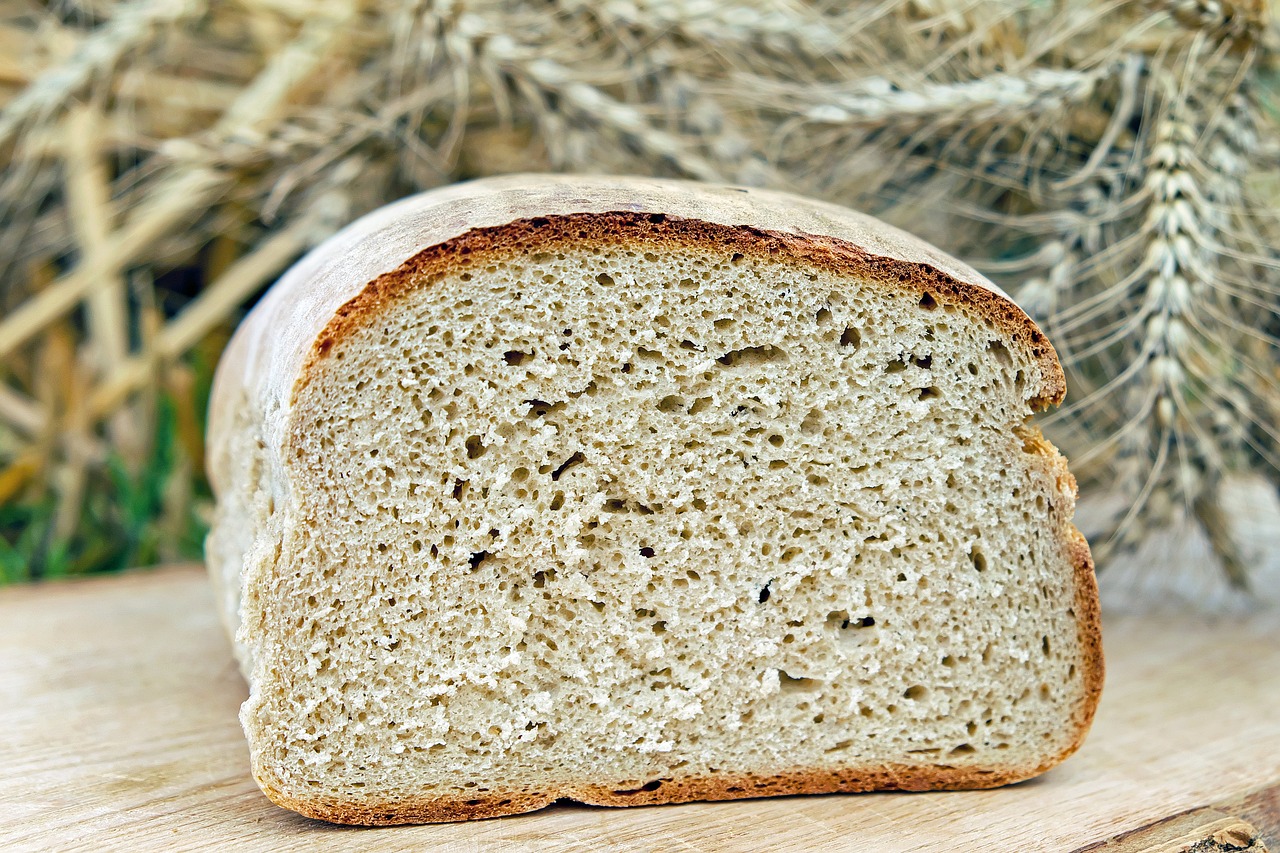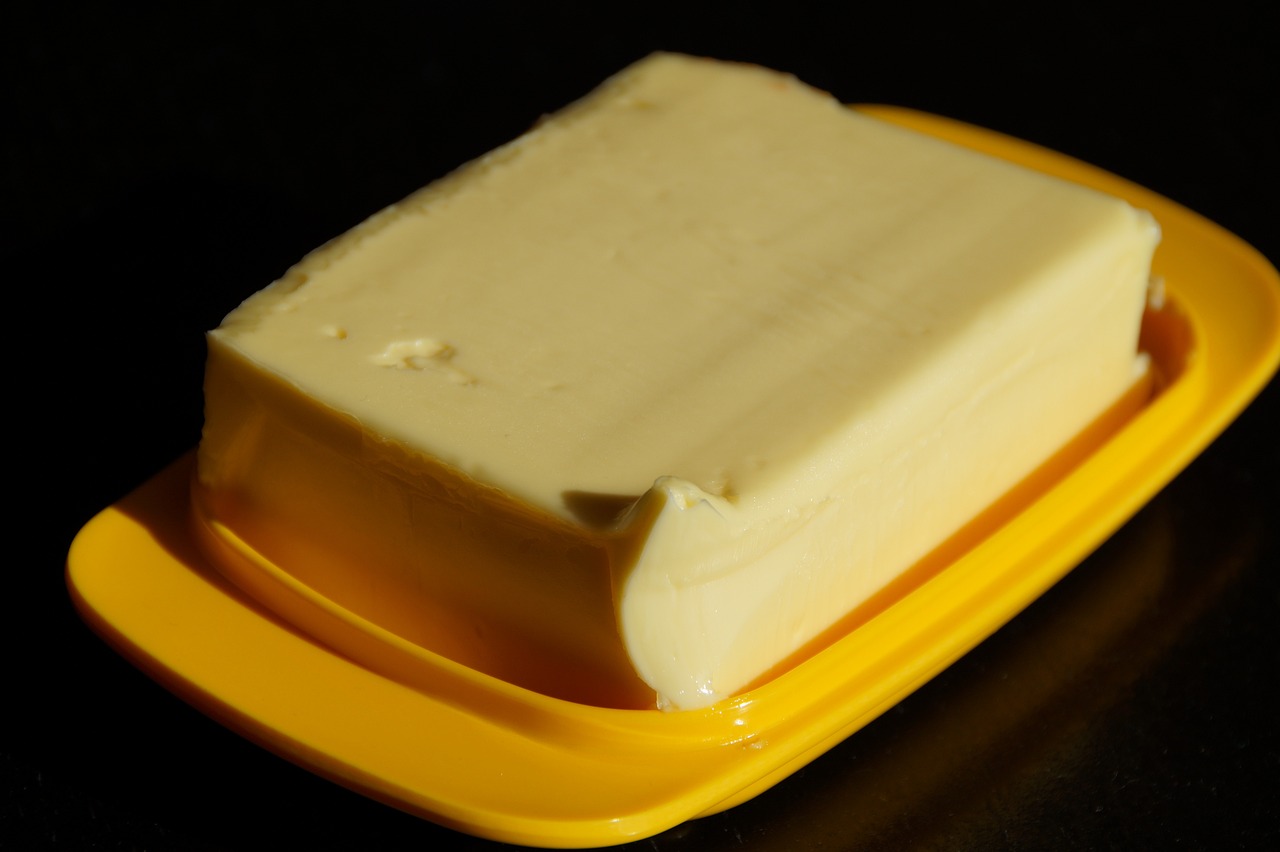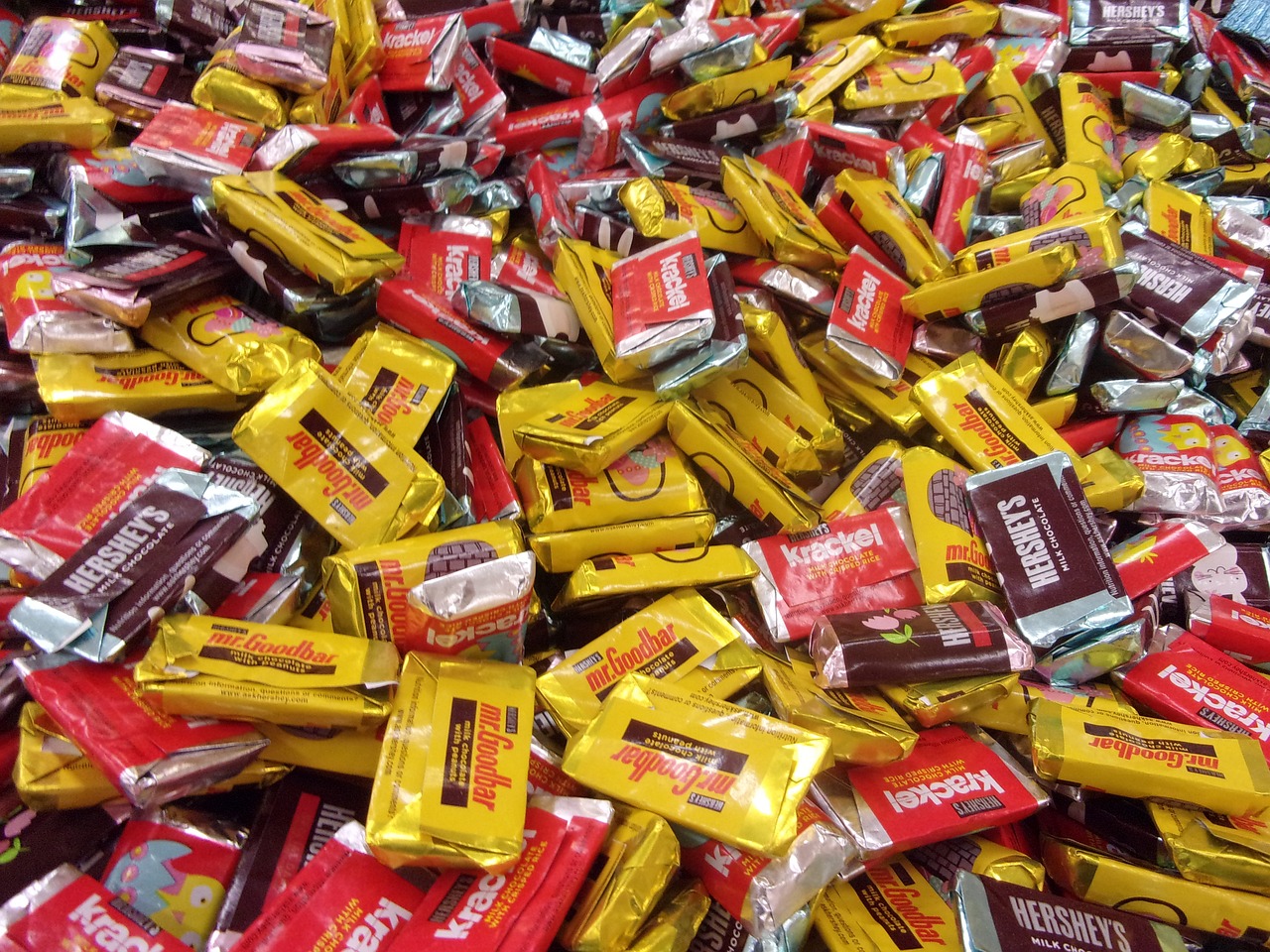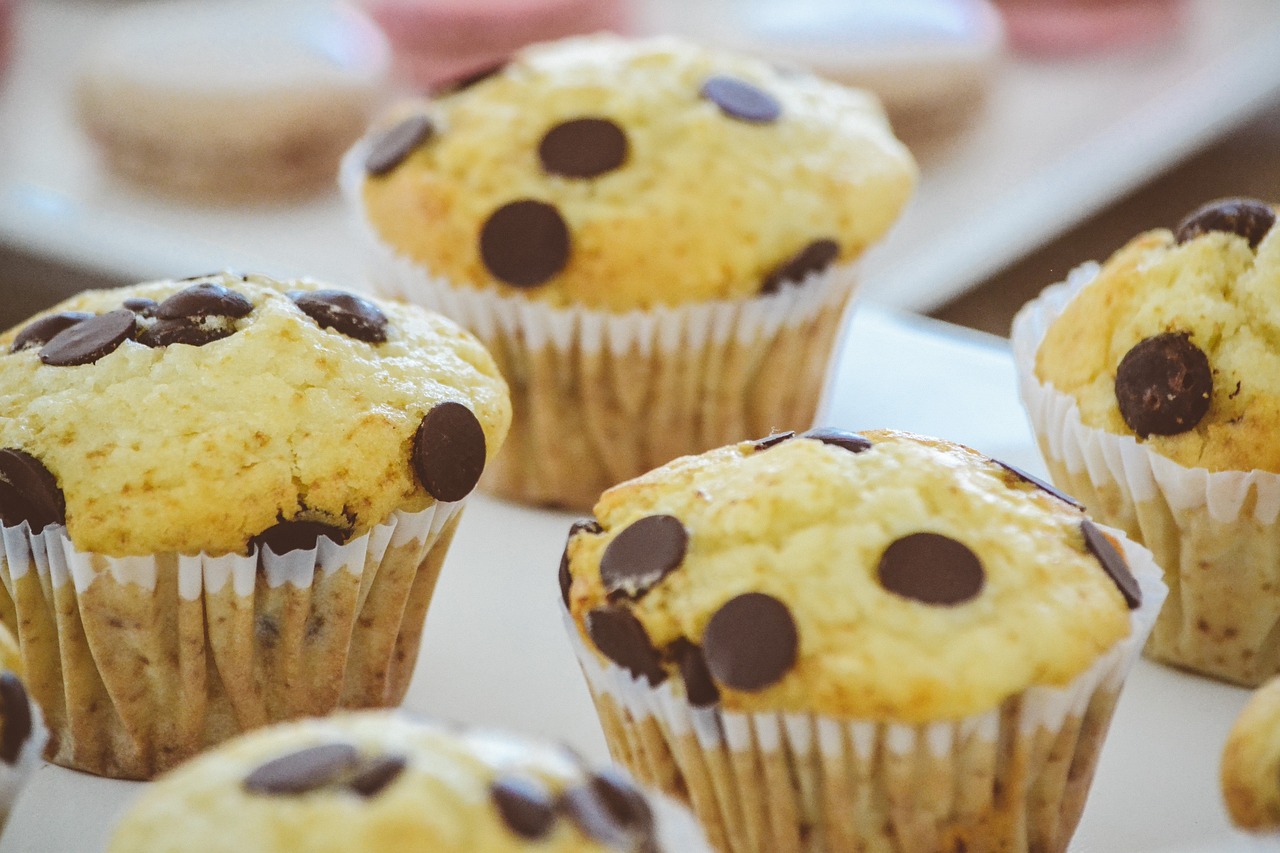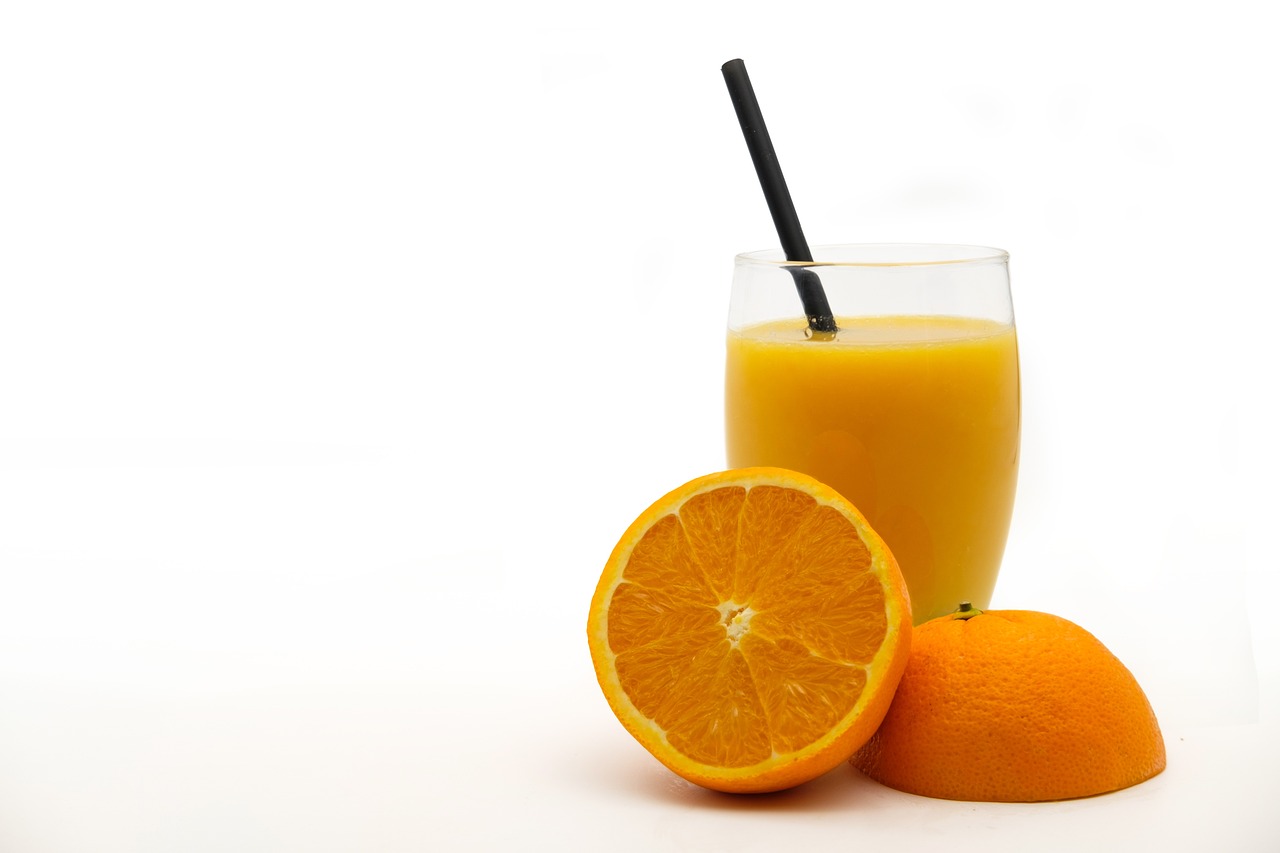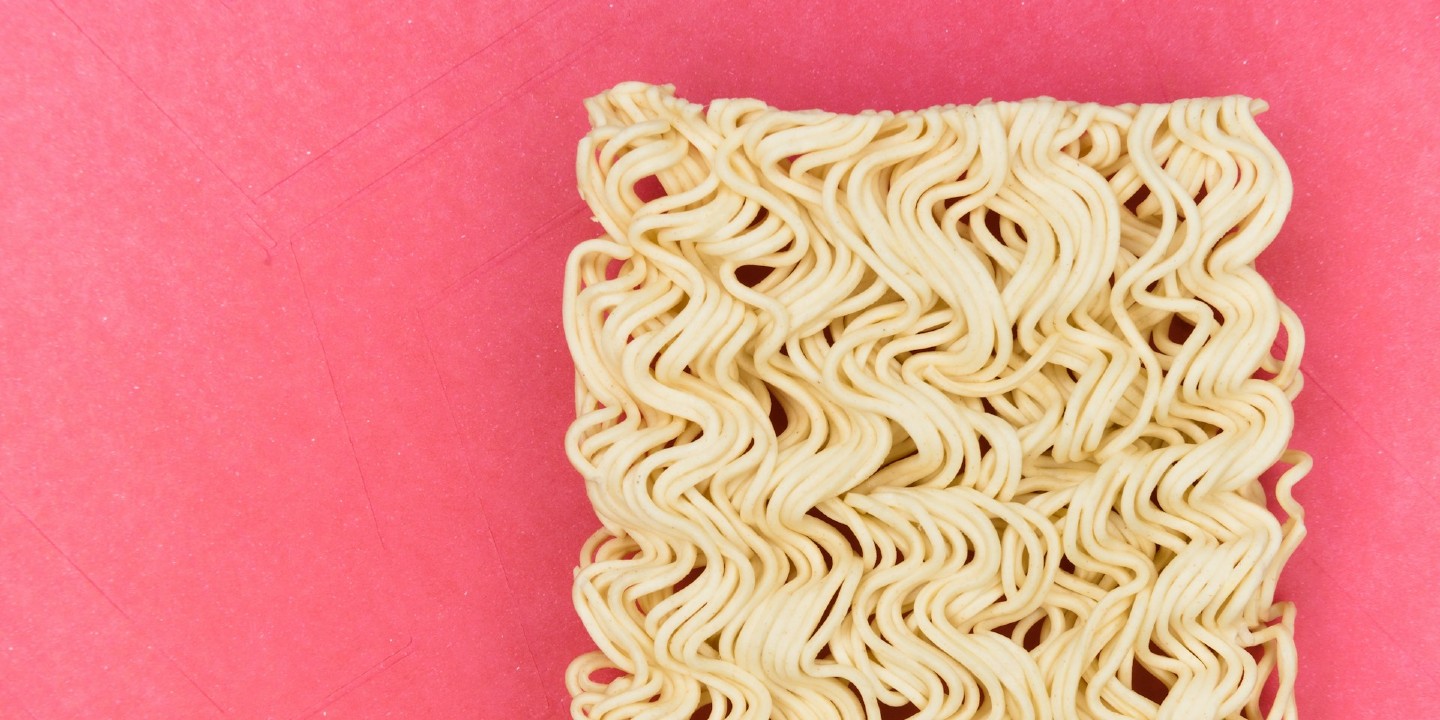While indulging in moderation won’t derail a healthy lifestyle, consistent consumption of certain foods can negatively impact our health in the long run. It’s crucial to be mindful of what we eat, as some foods, despite their popularity, can be detrimental to our health. Here’s a rundown of the 20 worst common foods you might want to think twice about.
1. Sugary Drinks
Sugary drinks, like sodas and energy drinks, are calorie bombs with little to no nutritional value. They contribute to weight gain, can lead to type 2 diabetes, and are linked to an increased risk of heart disease. What’s more, they can wreak havoc on your dental health. It’s better to quench your thirst with water, unsweetened tea, or other healthier beverages.
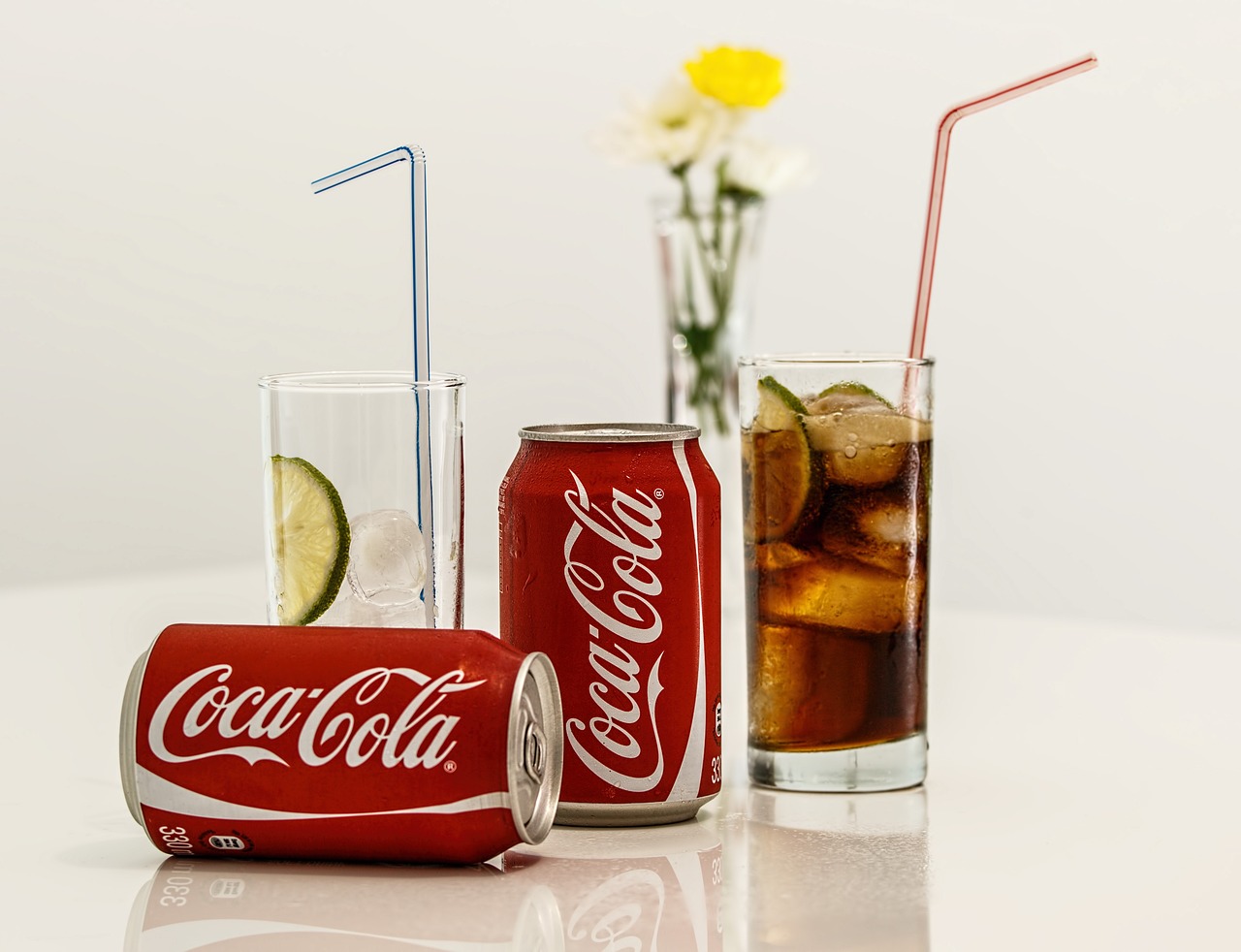 Image by Steve Buissinne from Pixabay
Image by Steve Buissinne from Pixabay
2. Processed Meats
Deli meats, sausages, and hot dogs are convenient but packed with preservatives and sodium. Regular consumption is linked to an increased risk of chronic diseases such as heart disease and cancer. They're also high in saturated fats, which can raise cholesterol levels. Opting for lean, unprocessed meats or plant-based alternatives can be a healthier choice.
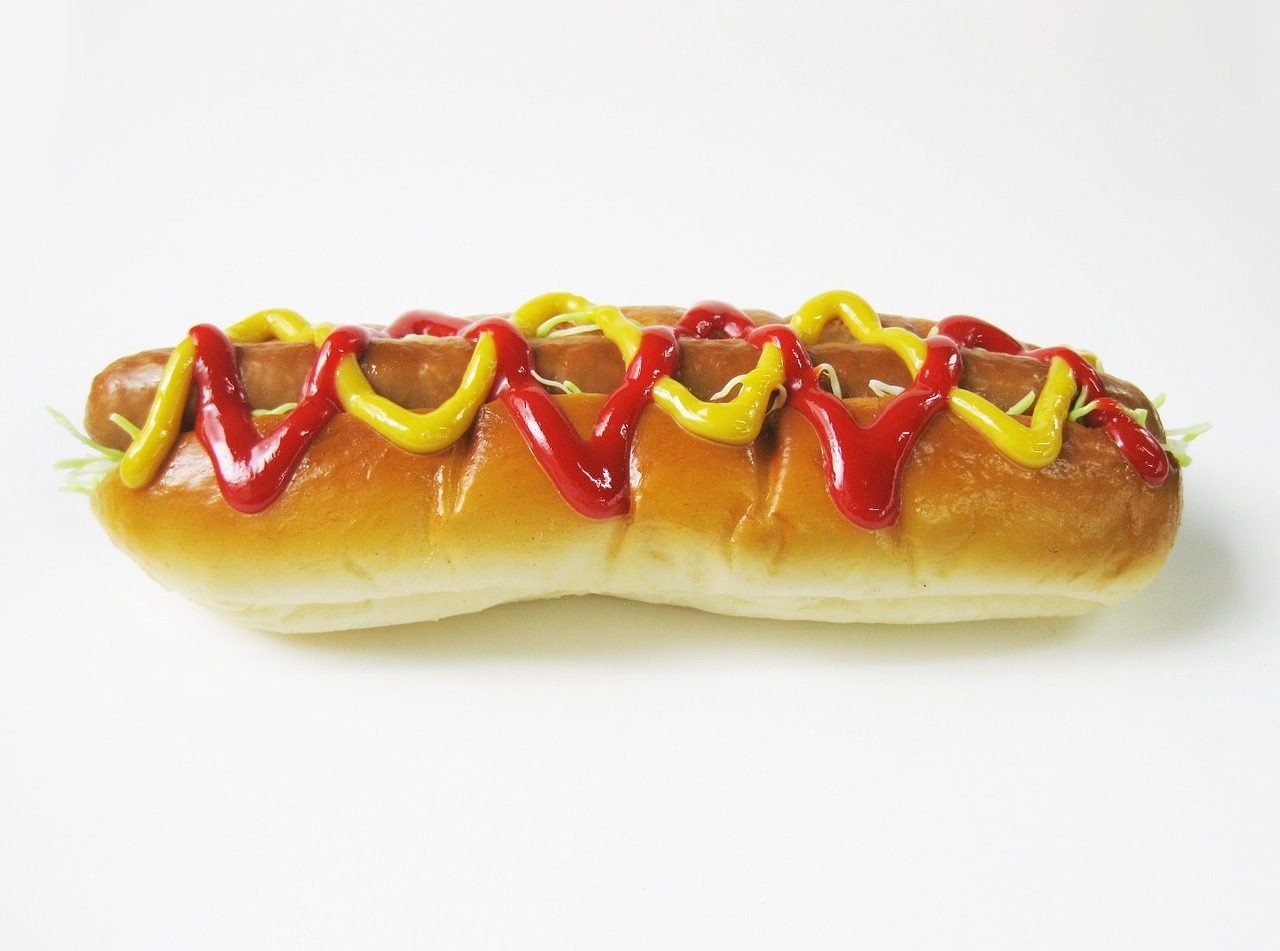 Image by PublicDomainPictures from Pixabay
Image by PublicDomainPictures from Pixabay
3. White Bread
White bread is made from refined flour that lacks the nutrients found in whole grains. It can lead to blood sugar spikes and crashes, making you feel hungry sooner. Plus, its low fiber content does little for your digestive health. Switching to whole grain or sprouted bread can offer more nutritional benefits and keep you fuller longer.
4. Margarine
Once touted as a healthier alternative to butter, margarine is often high in trans fats, which are bad for heart health.
These fats can raise bad cholesterol levels while lowering good cholesterol, increasing the risk of heart disease. Look for spreads that are free of trans fats and lower in saturated fats, or go for natural options like avocado or olive oil.
5. Instant Noodles
Instant noodles are a go-to quick meal but are high in sodium and preservatives, with little nutritional value. They can lead to high blood pressure and increased risk of heart disease and stroke. For a quick and healthy meal, try whole grain pasta with fresh vegetables instead.
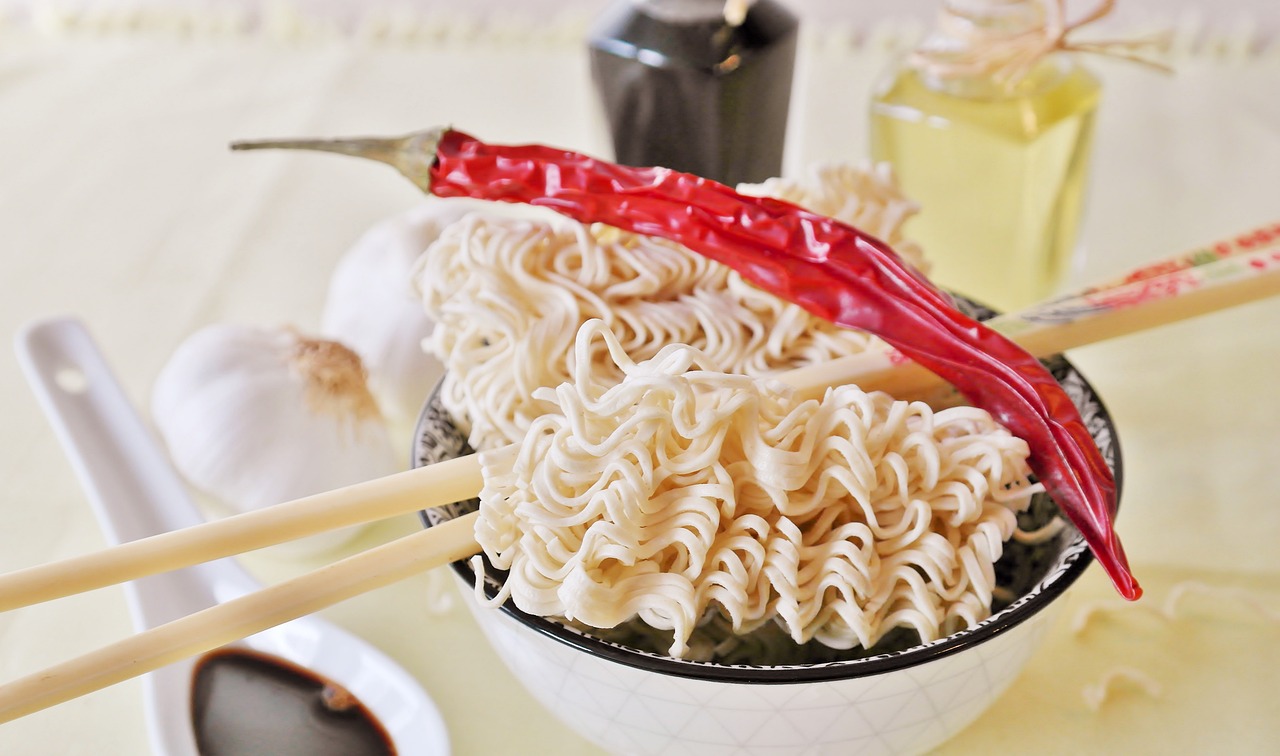 Image by -Rita-👩🍳 und 📷 mit ❤ from Pixabay
Image by -Rita-👩🍳 und 📷 mit ❤ from Pixabay
6. Frozen Meals
While convenient, many frozen meals are high in sodium and preservatives, which can raise blood pressure and contribute to heart disease. They also often lack sufficient nutrients. Preparing a batch of homemade meals to freeze can be a healthier and more satisfying option.
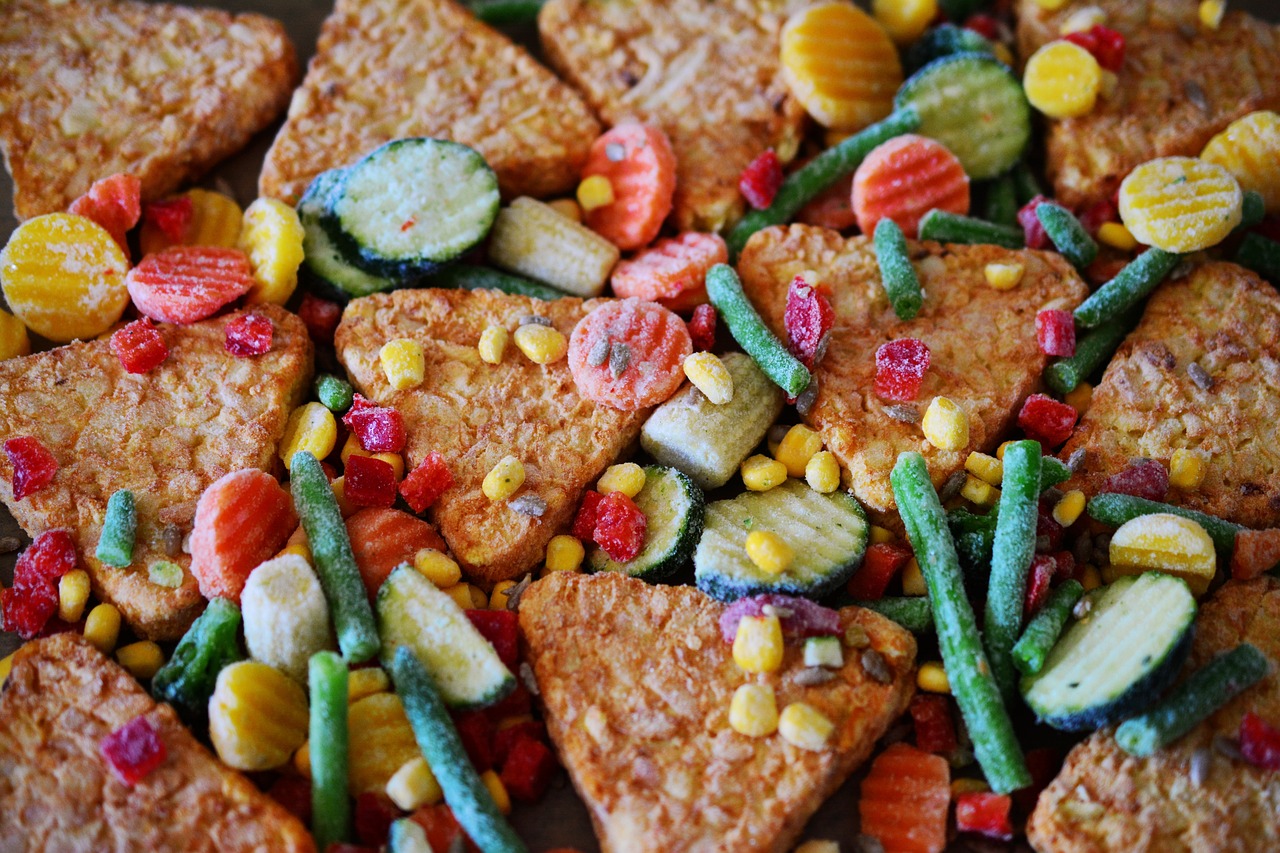 Image by congerdesign from Pixabay
Image by congerdesign from Pixabay
7. Candy Bars
Candy bars are high in sugar, unhealthy fats, and calories, contributing to weight gain and an increased risk of diabetes and heart disease. They offer little in terms of nutritional value. For a sweet treat, opt for dark chocolate or fruit to satisfy your craving without the health risks.
8. Fast Food
Fast food is typically high in calories, sodium, and unhealthy fats, which can contribute to obesity, heart disease, and diabetes.
It's often low in essential nutrients, making it a poor dietary choice. Cooking at home allows you to control ingredients and make healthier meals.
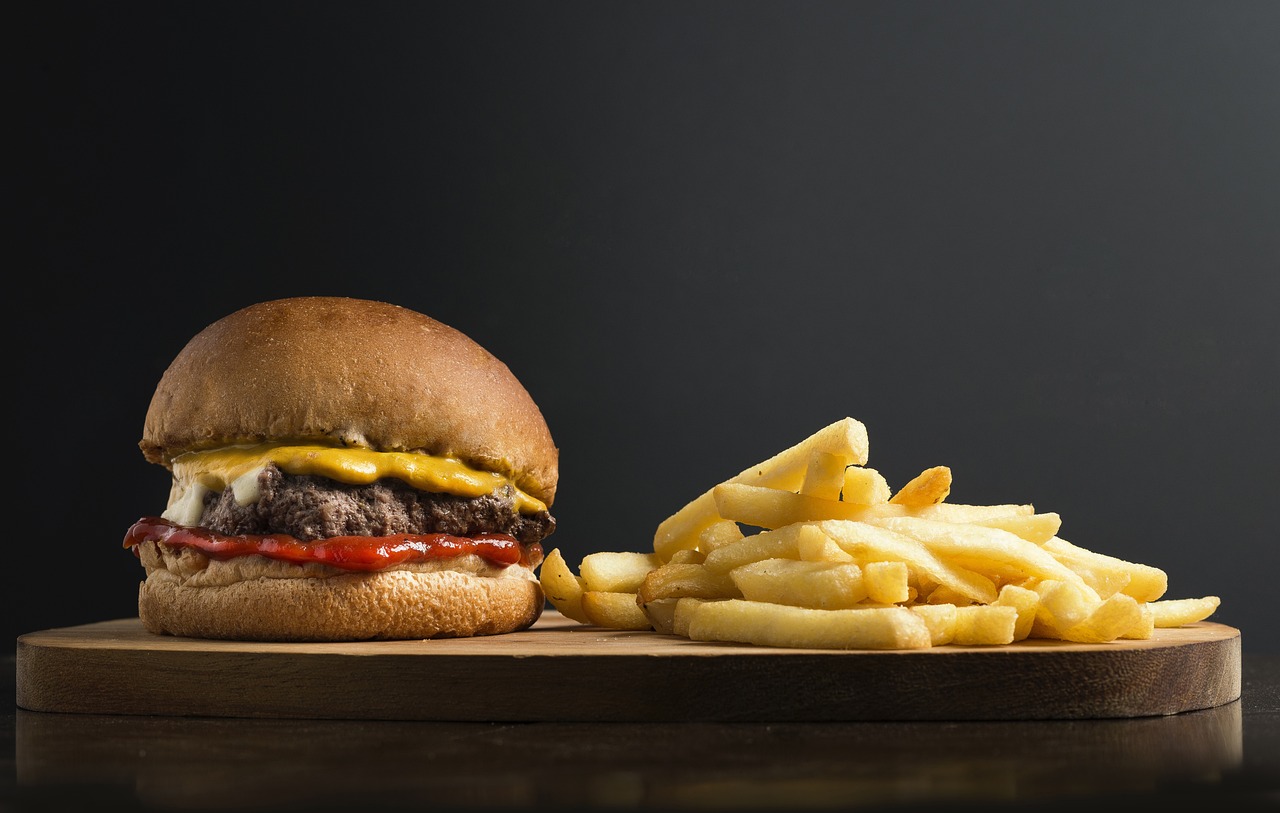 Image by Daniel Reche from Pixabay
Image by Daniel Reche from Pixabay
9. Baked Goods
Cookies, cakes, and pastries are loaded with sugar, refined flour, and fats. Regular consumption can lead to weight gain, increased risk of heart disease, and diabetes. They're also often made with unhealthy trans fats. Baking at home with healthier ingredients can be a better alternative.
10. Ice Cream
Ice cream is a delicious treat but is high in sugar and calories, and consuming it regularly can lead to weight gain and increase the risk of diabetes. It also contains unhealthy saturated fats. Enjoying ice cream in moderation or opting for lower-calorie alternatives can help maintain a balanced diet.
11. Cereal Bars
Cereal bars often contain as much sugar as a candy bar, making them a less healthy snack option than they seem. They can also contain high levels of sodium and preservatives. For a healthier snack, try making your own bars with oats, nuts, and natural sweeteners.
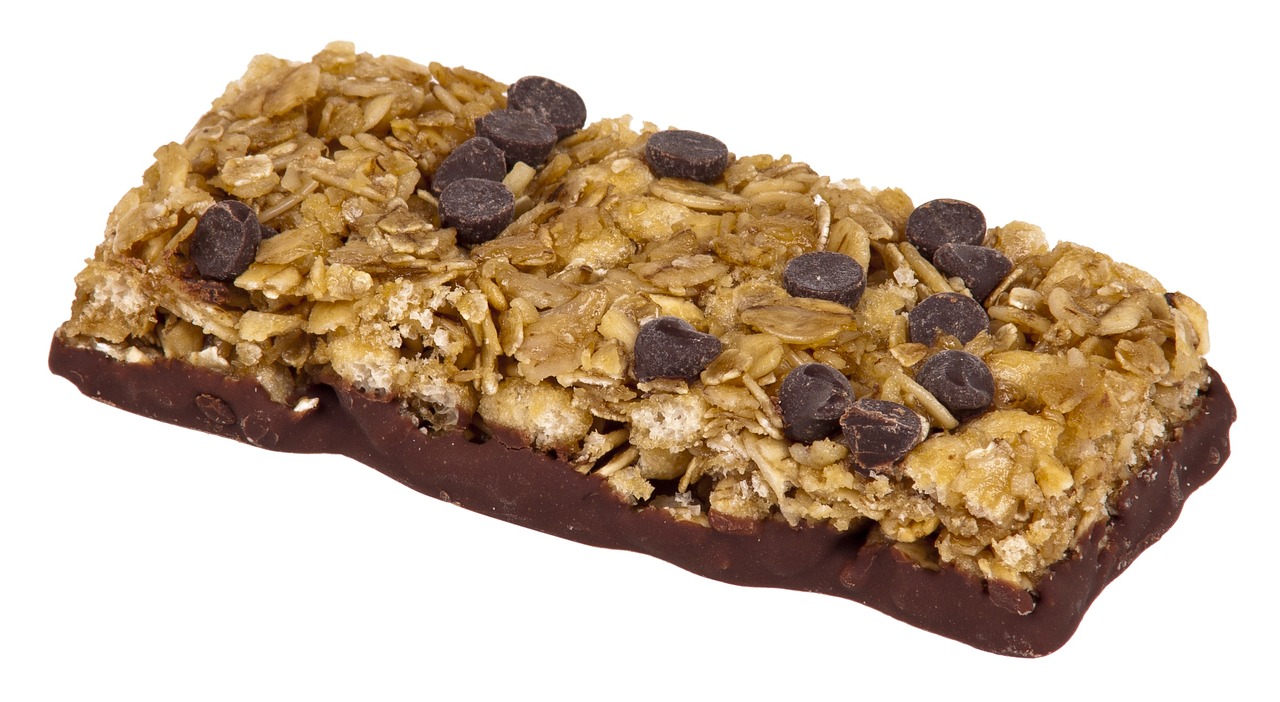 Image by WikimediaImages from Pixabay
Image by WikimediaImages from Pixabay
12. Packaged Snacks
Chips, crackers, and other packaged snacks are often high in sodium and unhealthy fats. They can contribute to weight gain, high blood pressure, and an increased risk of heart disease.
Snacking on whole foods like fruits, vegetables, or nuts is a healthier choice.
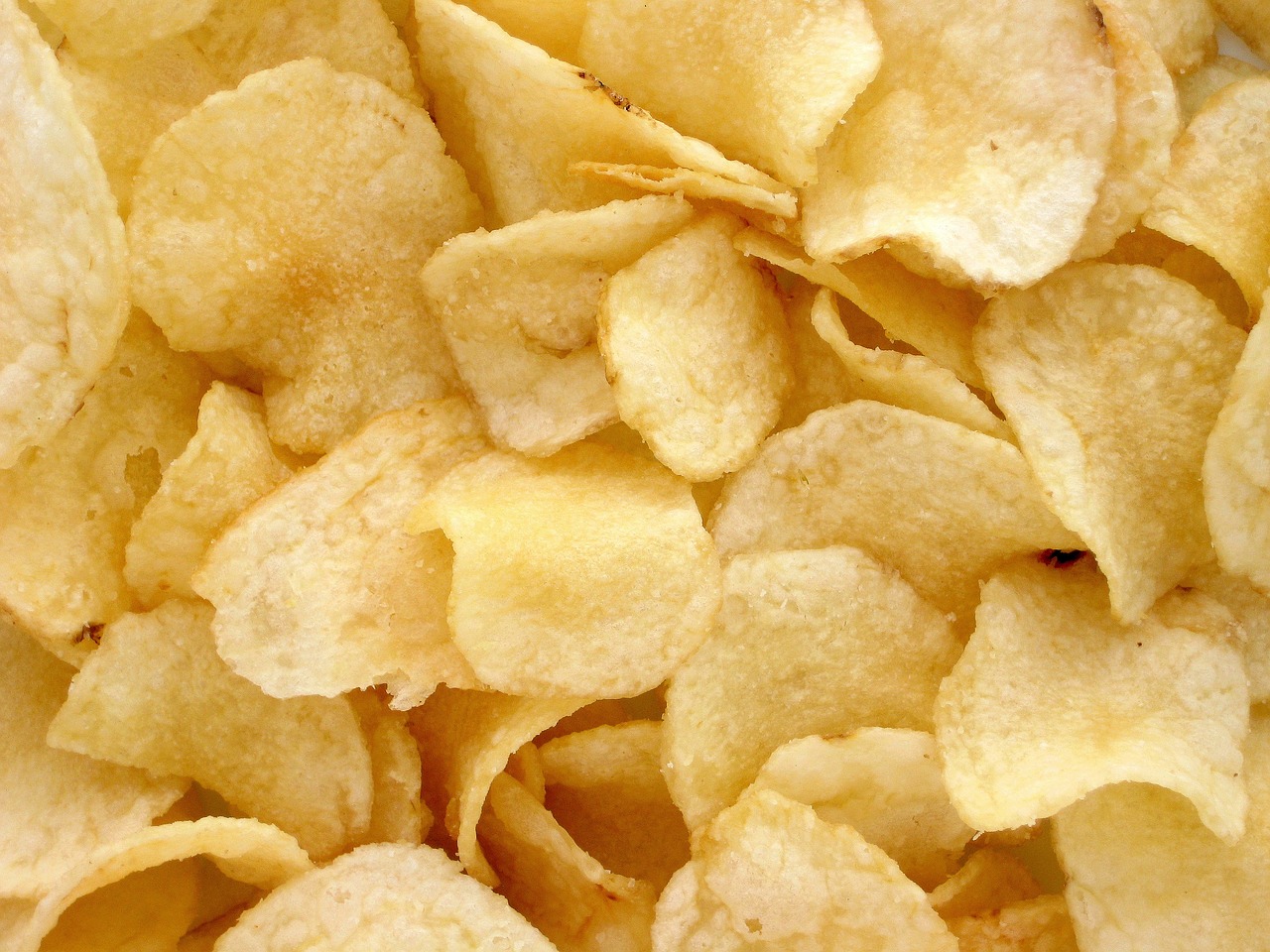 Image by Welcome to all and thank you for your visit ! ツ from Pixabay
Image by Welcome to all and thank you for your visit ! ツ from Pixabay
13. Fried Foods
Fried foods, such as french fries and fried chicken, are high in calories and trans fats. Consuming these foods regularly can lead to obesity, heart disease, and diabetes. Baking or grilling are healthier cooking methods that don't sacrifice flavour.
14. Fruit Juices
Although made from fruit, fruit juices can be as high in sugar as sodas. They lack the fiber found in whole fruits, which helps slow down sugar absorption. Eating whole fruits instead provides nutritional benefits without the sugar spike.
15. Alcohol
Regular and excessive consumption of alcohol can lead to a range of health issues, including liver disease, heart disease, and an increased risk of cancer. It's also high in calories. Enjoying alcohol in moderation or opting for non-alcoholic beverages can be healthier choices.
16. Artificial Sweeteners
Artificial sweeteners, found in many diet foods and beverages, may lead to cravings for more sweet and unhealthy foods. Some studies suggest they may have negative health effects over the long term. Using natural sweeteners in moderation or acclimating to less sweetness can be better for your health.
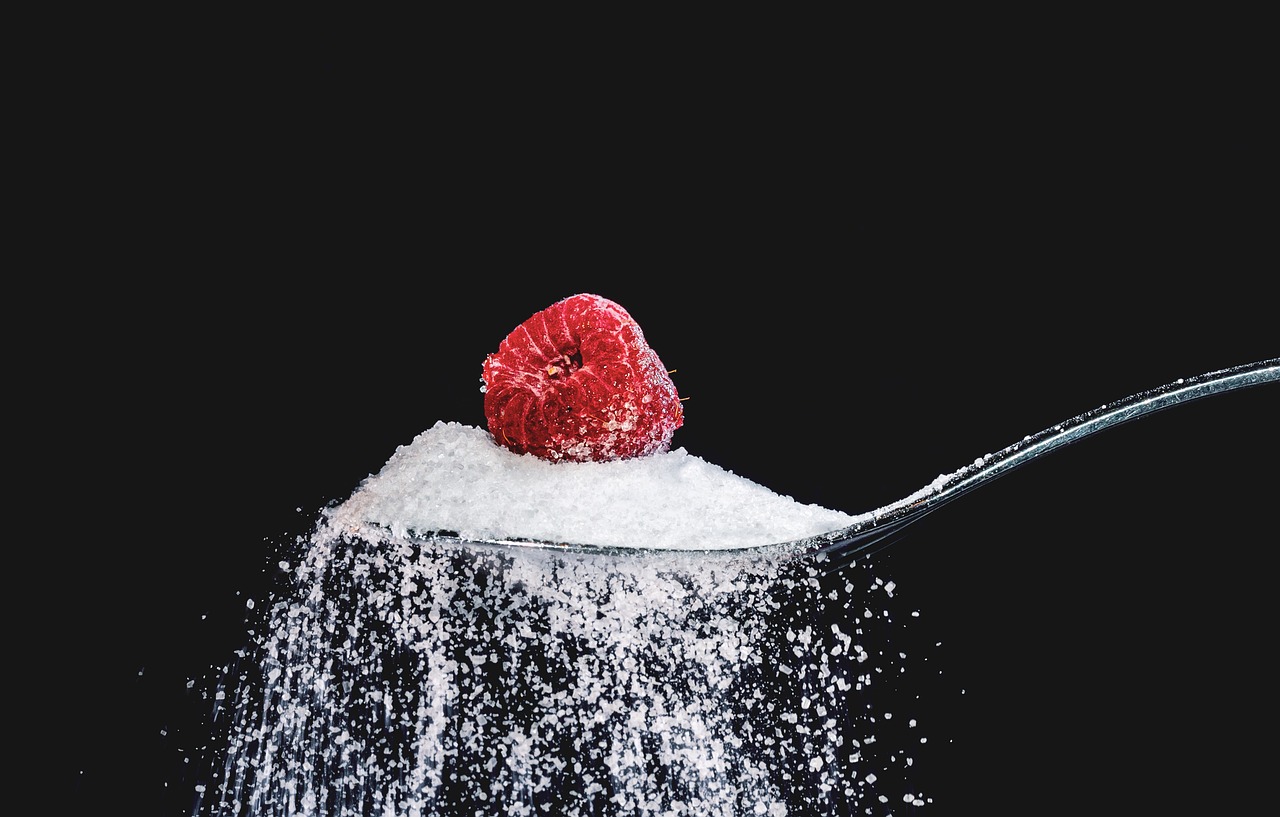 Image by Myriams-Fotos from Pixabay
Image by Myriams-Fotos from Pixabay
17. Energy Bars
Many energy bars are essentially glorified candy bars, containing high amounts of sugar and calories. They can also be high in saturated fats. Choosing bars with simple, whole food ingredients or opting for a piece of fruit and a handful of nuts can be a healthier energy boost.
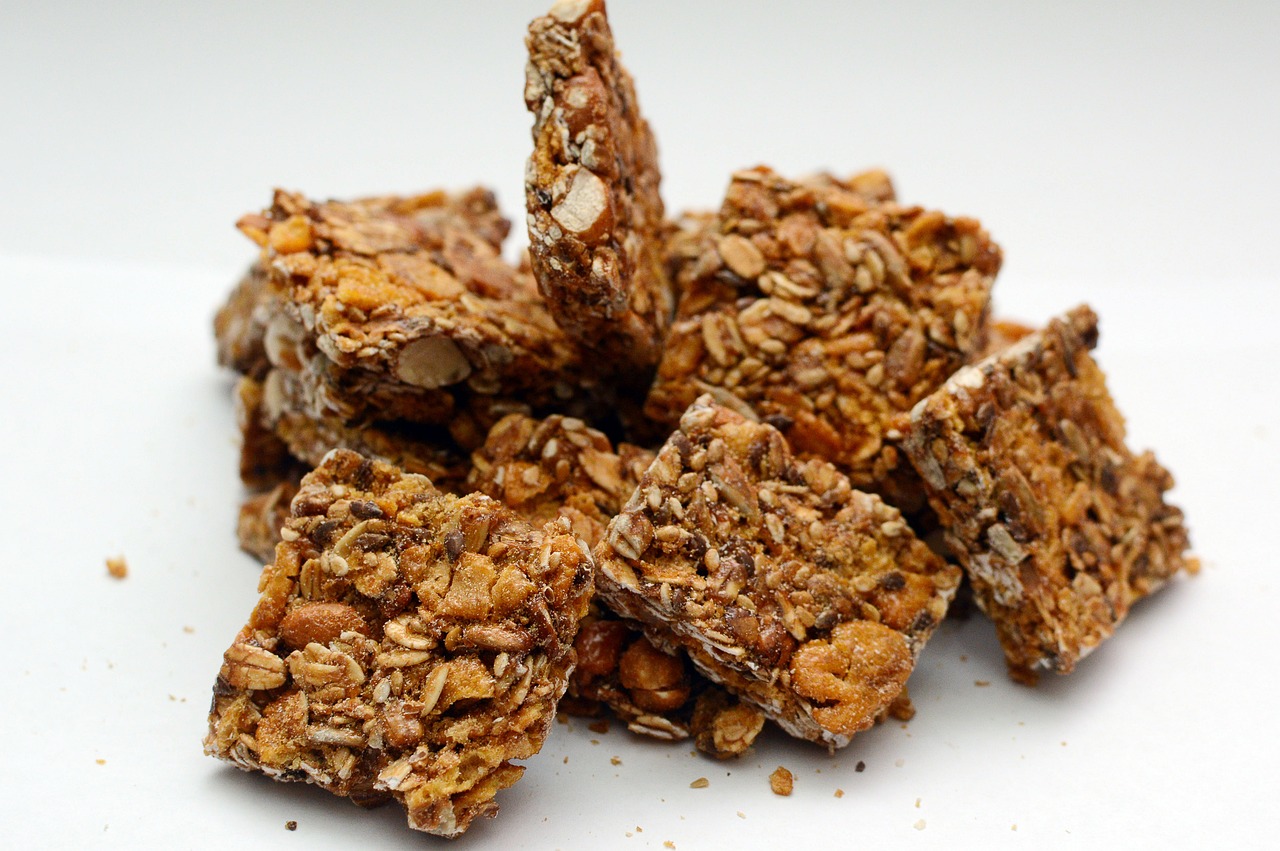 Image by Walter Rodriguez from Pixabay
Image by Walter Rodriguez from Pixabay
18. Energy Drinks
Energy drinks can be high in caffeine and sugar, leading to energy spikes and crashes. They're also linked to heart problems in some people. Staying hydrated with water and getting enough sleep are healthier ways to boost energy.
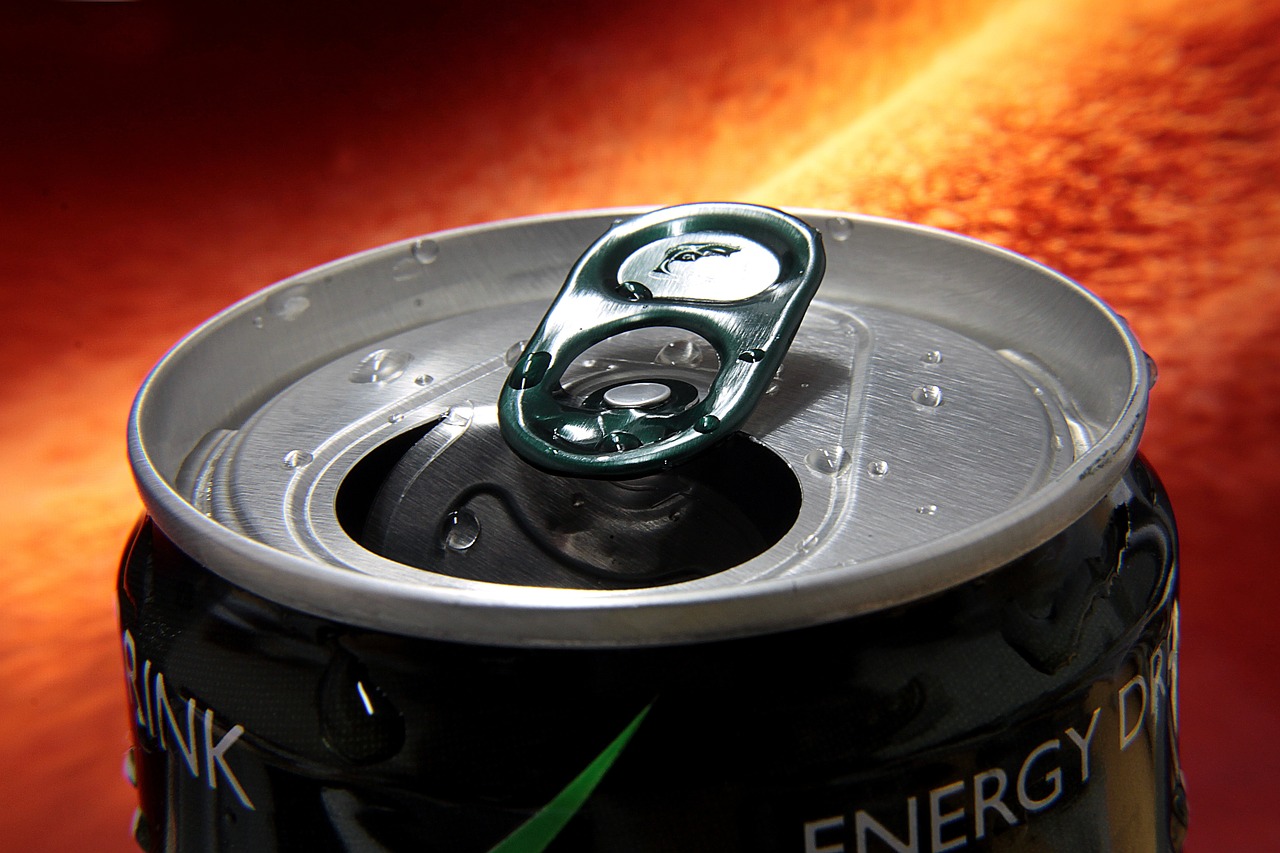 Image by Adriano Gadini from Pixabay
Image by Adriano Gadini from Pixabay
19. Canned Soups
Canned soups are convenient but often loaded with sodium, which can lead to high blood pressure and heart disease. They can also contain preservatives and lack nutritional value. Making soup at home allows you to control the ingredients and pack in more nutrients.
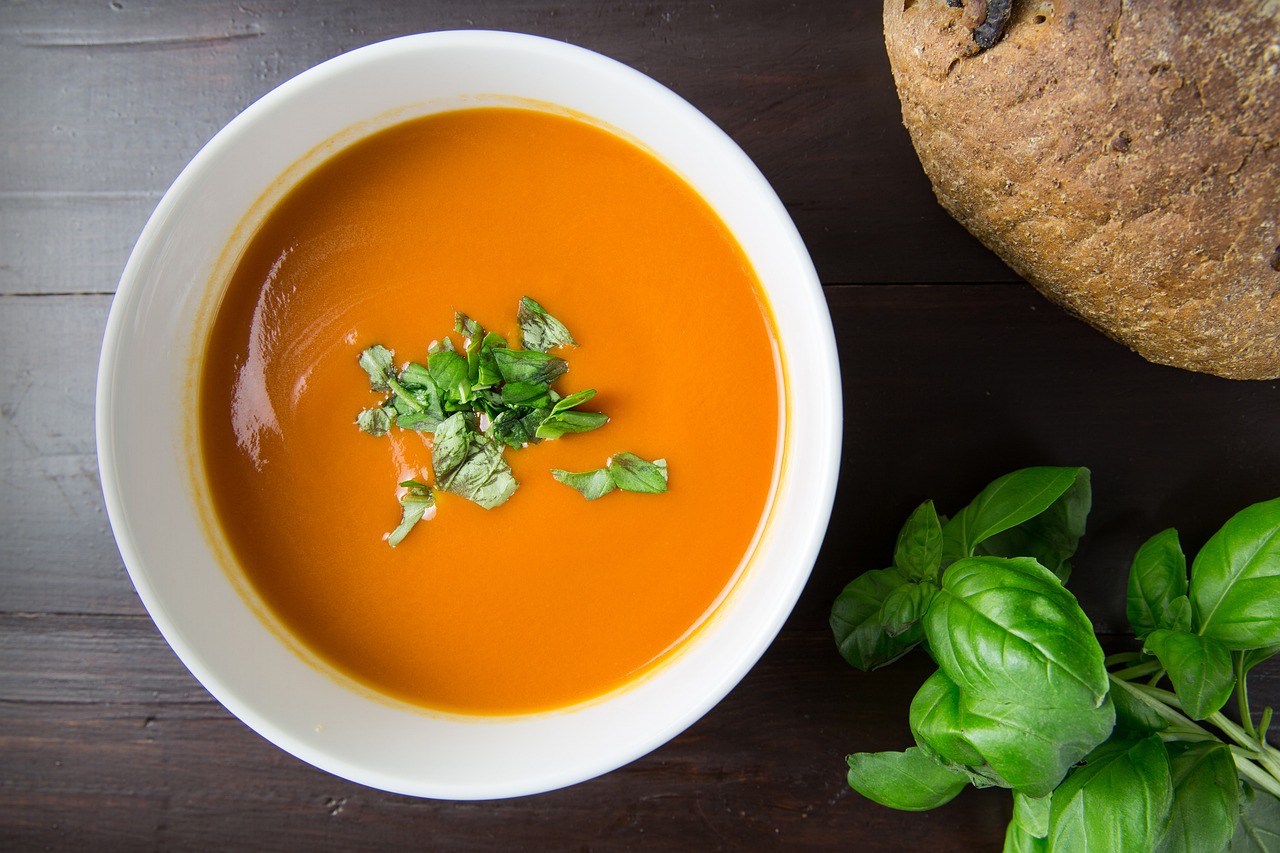 Image by Foodie Factor from Pixabay
Image by Foodie Factor from Pixabay
20. Store-Bought Salad Dressings
Many store-bought salad dressings are high in calories, unhealthy fats, and sodium. They can turn a healthy salad into a calorie-dense meal. Making your own dressing with olive oil, vinegar, or lemon juice can be a healthier and tastier option.
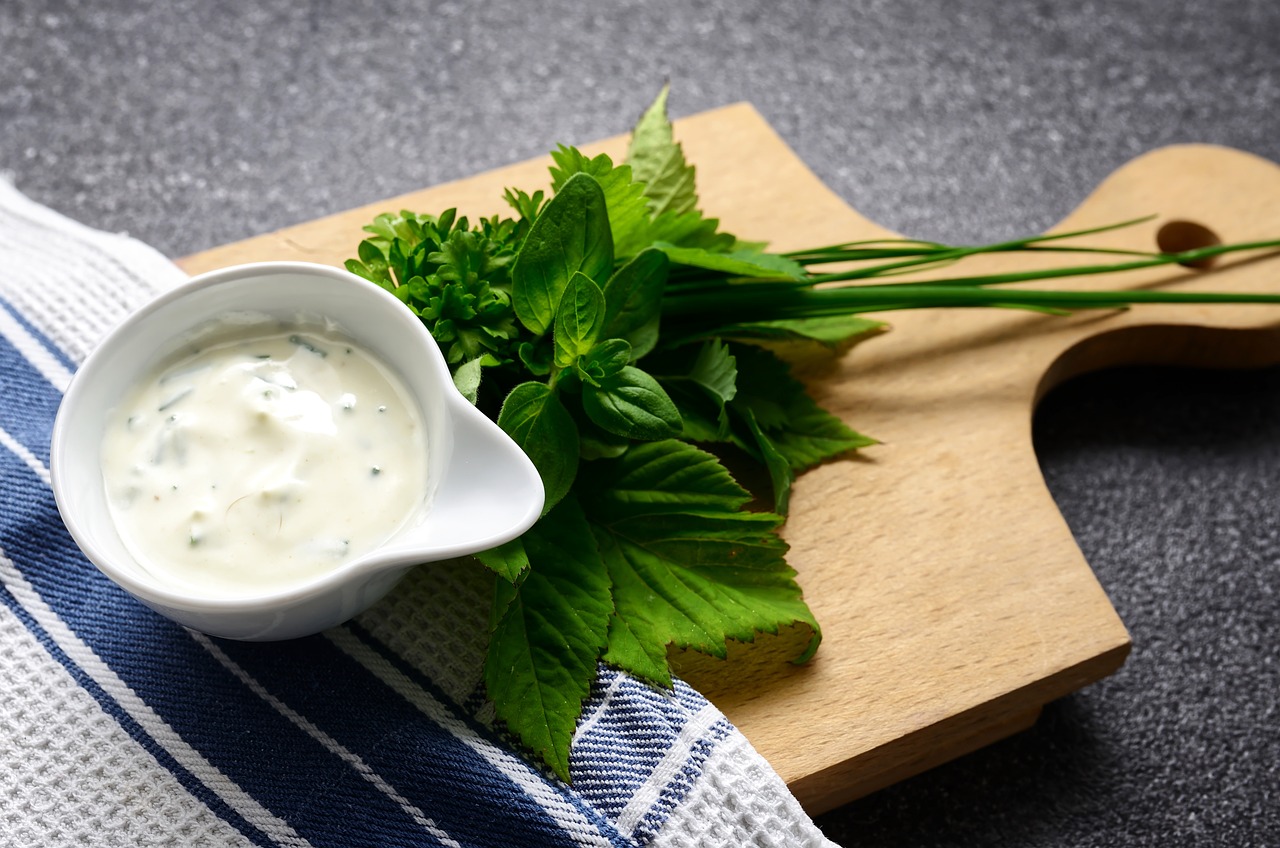 Image by congerdesign from Pixabay
Image by congerdesign from Pixabay
KEEP ON READING
